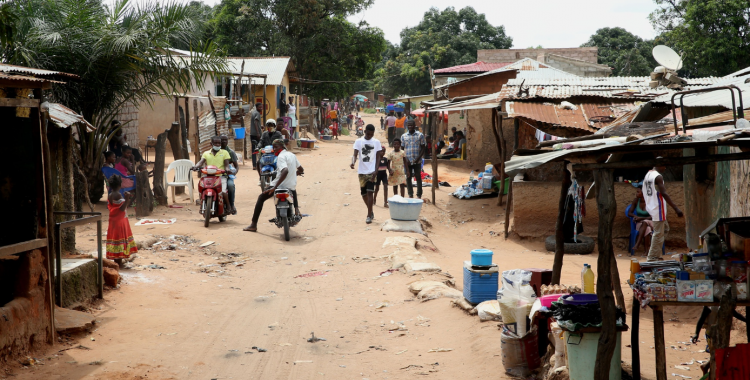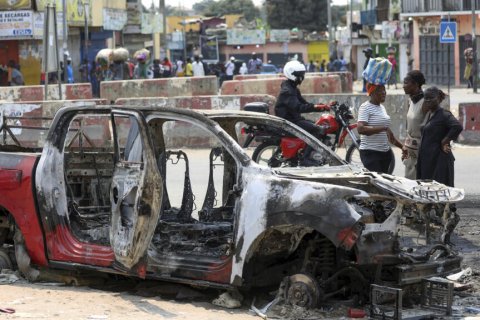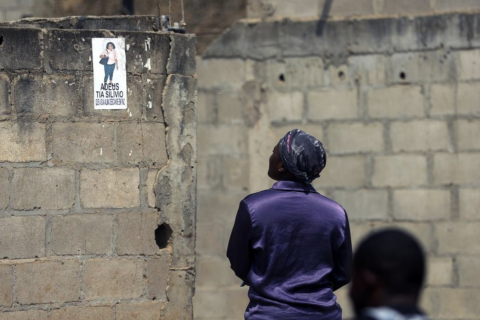Paulo Nóbrega, who was speaking to Lusa one day after the torrential rains that caused the death of at least 14 people in the capital, listed a set of solutions to mitigate the problem, which include the macro and microdrainage, alert and alarm system , garbage collection and education of the population.
"Until we finish the macrodrainage, we will have, at a minimum, material damage," said Paulo Nóbrega, adding that, at least, deaths must be avoided.
"Especially today with the knowledge we have of engineering, it is possible to create technical devices that avoid consequences on human life and the loss of material goods", he added.
The specialist pointed out among the problems of the city the constant expansion and increasing waterproofing of the soil, reducing the time of concentration and increasing the speed of water drainage, which has greater consequences on people and goods.
He also recalled that the tropical climate, which is characterized by high rainfall in short periods of time, "always has consequences", which increase as the city grows.
"What we have to do is get equipment that takes water from the point where it touches the floor or the roof of the house to the water line or the sea, without any consequences," explained the engineer.
Luanda, which had around 700 thousand inhabitants in the 1970s, currently has eight to 10 million inhabitants.
The macro-drainage plan was even started, but it has been stopped for three or four years, which represents "dramatic consequences", he reinforced, noting that "the city is a living being" and every day obstacles are made to the normal flow of water, making drainage difficult.
Until it is completed, alert and alarm devices must be created which, placed in the areas of greatest risk, where greater water flow or speed accumulates, allow people to be warned about the most problematic places in the event of heavy rainfall, which also depends prior diagnosis.
Paulo Nóbrega considered that the provincial government's capacity to act "is low", but "it cannot be said that it is sloppy", since the city's problems arise essentially in terms of financial capacity and knowledge.
Regarding the lack of collection that led to the accumulation of garbage in recent months, he said that the problem essentially affects the urban center, while 80 percent of the population lives in the peripheral neighborhoods.
"It was not the garbage that clogged the drainage systems", he underlined, although he admits that its functionality may be affected by the accumulation of waste.
The official also pointed out problems with the collection of municipal fees, which affects the financing to operate in the capital.
"We are doing the garbage collection with money that is the investment, which comes from the State Budget and not from current expenditure," said Nóbrega, also pointing out the need for education and recognizing that the State has not solved the housing problem in time. useful with most Luandians living in precarious areas.
The torrential rains that hit Luanda on Monday caused 14 deaths and left 8000 people homeless, with 16 houses collapsing, 15 trees falling, the destruction of a bridge, among other losses yet to be calculated.







